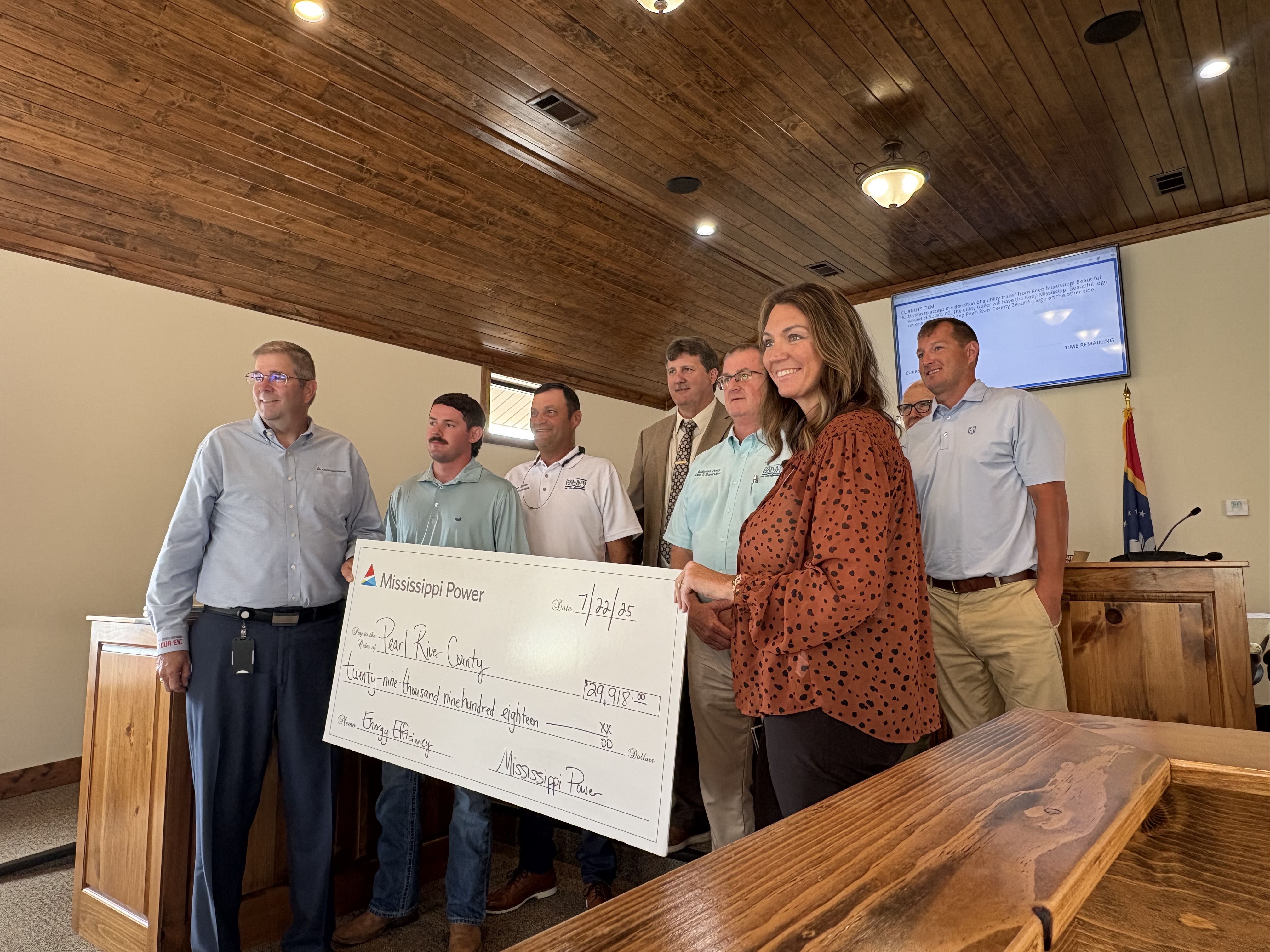UMMC researchers join fight against gun and domestic violence
Published 8:58 am Tuesday, December 27, 2022
Special from Mississippi Today
Gun and domestic violence research at the University of Mississippi Medical Center is seeking to better understand the causes of both and find ways to help those scarred by their impact.
Trending
Two federal grants awarded in September totaling $7.5 million from the National Institutes of Health and the U.S. Department of Health and Human Services are funding the research.
“Each grant will enhance the other,” Dr. Lei Zhang, professor and associate dean in UMMC’s School of Nursing, said in a statement. “Gun violence and intimate partner violence are deeply interconnected.”
Mississippi has the highest firearm mortality rate in the country (28.6 per 100,000 population), according to the Centers for Disease Control and Prevention, and the highest prevalence of domestic violence, based on data from 2009-2015 collected through the Pregnancy Risk Assessment Monitoring System.
One grant will establish the Mississippi Violence Injury Prevention Program at UMMC to address gun violence involving 11 investigators from multiple departments, including emergency medicine, psychiatry and preventative medicine.
Zhang said the program represents a mindset change in how gunshot victims are treated. The focus will be more holistic and community based and on prevention.
Dr. Matthew Kutcher, an associate professor of surgery, trauma and critical care, said another focus is addressing underlying conditions that lead to violence such as poverty, structural racism, housing insecurity and more.
Trending
“(W)ithout addressing the root causes that keep our state at the top of the list for gun violence, we’re chasing the problem from behind,” Kutcher, the co-principal investigator, said in a statement.
Examples of community-based resources can include the dispatch of credible messengers to prevent violence retaliation, mentorship from community members who have experienced violence and treatment for post traumatic stress disorder.
Rukia Lumumba, executive director of People’s Advocacy Institute and community outreach organizer of the program, said hospital-based violence intervention programs have been proven to improve public safety.
The oldest such program was developed in Oakland, California, in 1994. A 10-year evaluation by Giffords Law Center found that participants in the program were 70 percent less likely to be arrested and 60 percent less likely to have criminal involvement than a control group and produced a cost savings to hospitals of $1.5 million annually.
The next grant will train substance use disorder providers about domestic violence and how those issues intersect during pregnancy and after birth.
Mississippi has the highest prevalence of physical domestic violence before pregnancy and the second highest during pregnancy, according to the PRAMS data.
Dr. Michelle Owens, professor of obstetrics and gynecology, said one of the goals is to strengthen the ability of providers to identify and help people who are at risk of domestic violence or are experiencing it.
She said an integrated approach and community partnership will help bridge gaps and provide wraparound support for survivors of domestic violence and substance use disorder.
The goal is to “(empower) them to take the steps to secure their health, safety and a better future for themselves and their families,” Owens said in a statement.
The Mississippi Coalition Against Domestic Violence is a partner on UMMC’s grant and will develop training, said Executive Director Wendy Mahoney.
Those who experience trauma and coercion from domestic violence often turn to substance use as a coping mechanism, she said.
“(The research) is a great thing because of the intersectionality of domestic violence,” Mahoney said. “It intersects with almost every aspect of life. I don’t think people look at it that way, but the intersectionality is quite vast.”
She said it is great that this research is happening in the state, and she hopes to see others look into other ways domestic violence intersect with other issues including gun violence, housing, other health issues and mental health.





